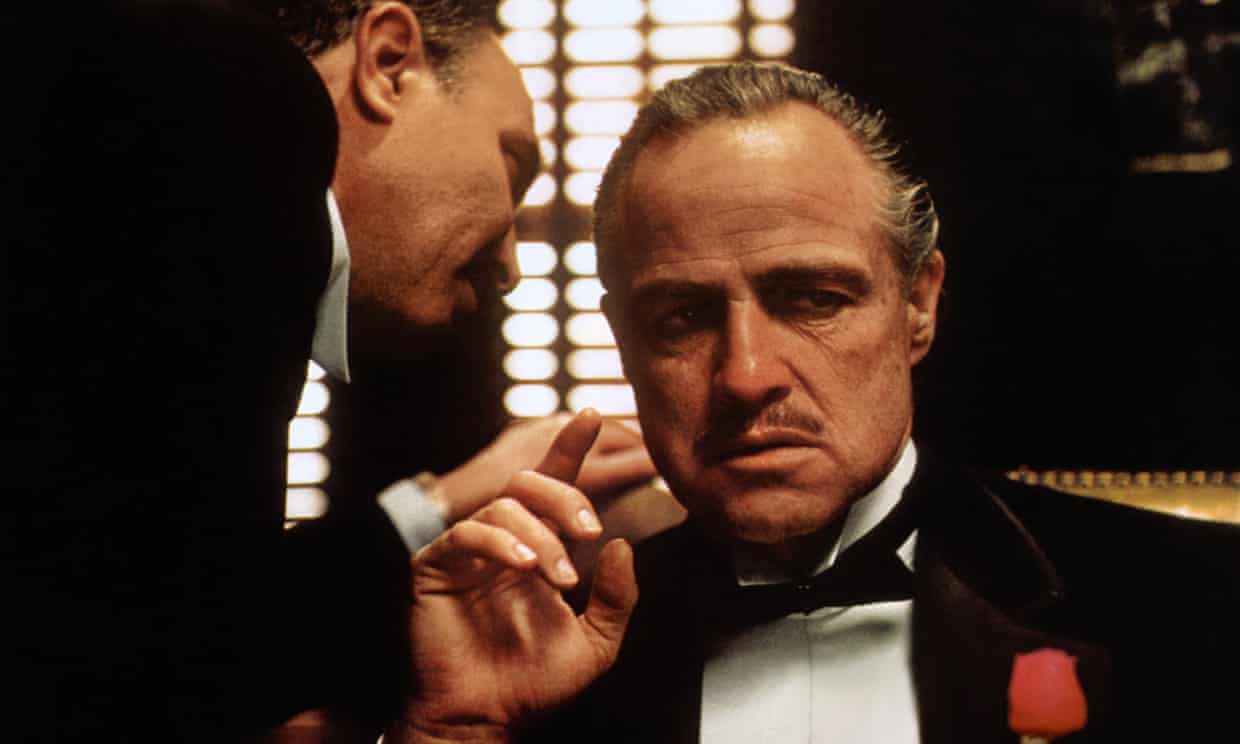Free-to-air TV pick: Jack's back, but he'd rather just go to the pub
The Atlantic: “”Why We Forget Most of the Cold River and Other Books We Read” This has applications beyond books — it applies to TV, too, and for that matter, email newsletters. Ask me at 4 P.M. what I emailed out that morning and it’s a 50/50 proposition whether I’ll remember. The good news: that’s pretty normal, and arguably appropriate for our digital age.
In the internet age, recall memory—the ability to spontaneously call information up in your mind—has become less necessary. It’s still good for bar trivia, or remembering your to-do list, but largely, Horvath says, what’s called recognition memory is more important. “So long as you know where that information is at and how to access it, then you don’t really need to recall it,” he says.
Scientists Say They’ve Found The Secret To Making A Hit Movie
“After analysing data from 6,147 movie scripts and filtering it through a series of algorithms, the researchers have identified the emotional arc that makes the most money, called the ‘man in a hole’ arc.”
Marlon Brando in The Godfather, an example of a movie with a man in a hole story arc. Photograph: Allstar/Paramount
The scientists categorised the movies according to six emotional profiles or clusters, which were previously applied to novels.
These are: rags to riches – an ongoing emotional rise as seen in films such as The Shawshank Redemption; riches to rags – an ongoing emotional fall (Psycho); man in a hole – a fall followed by a rise (The Godfather); Icarus – a rise followed by a fall (On the Waterfront); Cinderella – a rise followed by a fall followed by a rise (Babe); and Oedipus, a fall followed by a rise followed by a fall (All About My Mother).
They were able to then map the clusters that were most successful at the box office across 21 genres.
The analysis showed that man in a hole movies with their happy-sad-happy trajectory were the most financially successful movies across all genres, costing an average of $40.5m to produce and earning an average of $54.9m.
For biographical films, rags to riches came out on top, but it was far less successful in mysteries and thrillers. For comedies the riches to rags arc, which allows for a sad ending, was by far the least successful.
The researchers found that man in a hole films were not the most liked but they were likely to be the most talked about.
The research has been published by Cornell University Library, titled: The data science of Hollywood: Using emotional arcs of movies to drive business model innovation in entertainment industries.
The Atlantic: “”Why We Forget Most of the Cold River and Other Books We Read” This has applications beyond books — it applies to TV, too, and for that matter, email newsletters. Ask me at 4 P.M. what I emailed out that morning and it’s a 50/50 proposition whether I’ll remember. The good news: that’s pretty normal, and arguably appropriate for our digital age.
In the internet age, recall memory—the ability to spontaneously call information up in your mind—has become less necessary. It’s still good for bar trivia, or remembering your to-do list, but largely, Horvath says, what’s called recognition memory is more important. “So long as you know where that information is at and how to access it, then you don’t really need to recall it,” he says.
Why Tyrants So Often Write Books
The prestige of the book as a cultural artifact has declined steeply of late, as is daily observable almost everywhere, but in the totalitarian century it was undiminished. Every tyrant wanted to publish a book; to have written one (or at least have his name affixed to it as the author) was proof of intellectual gravitas.
